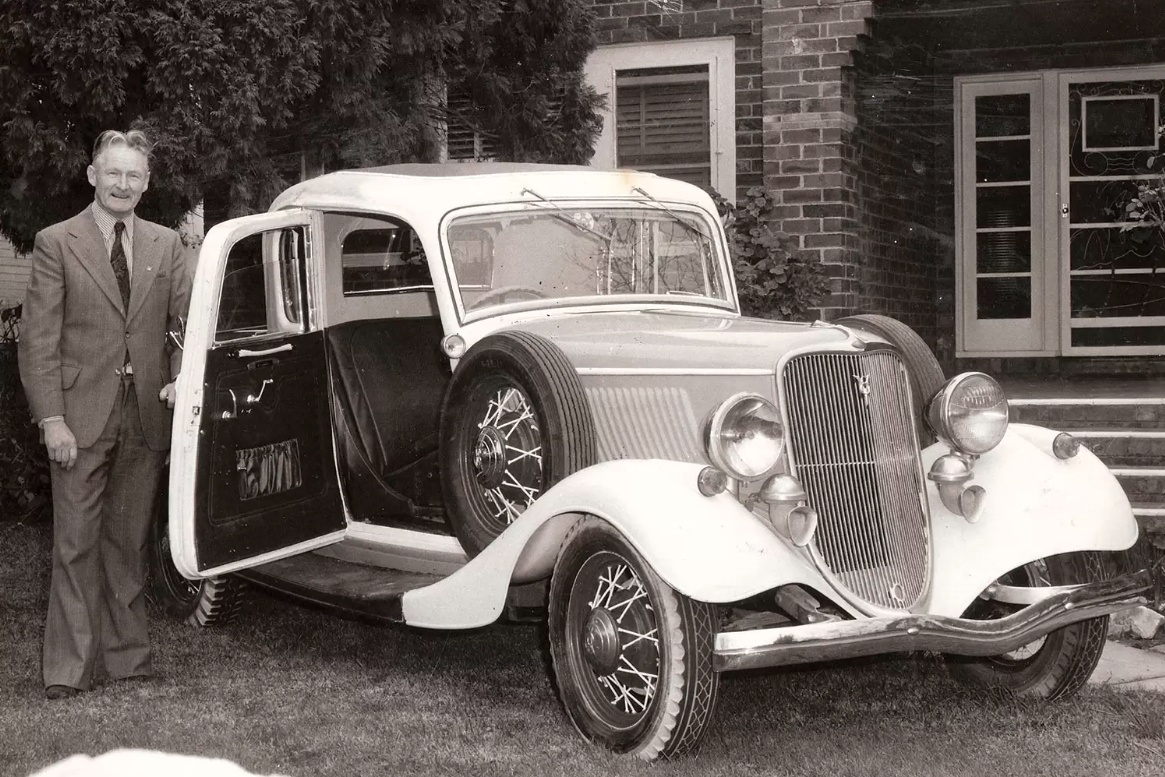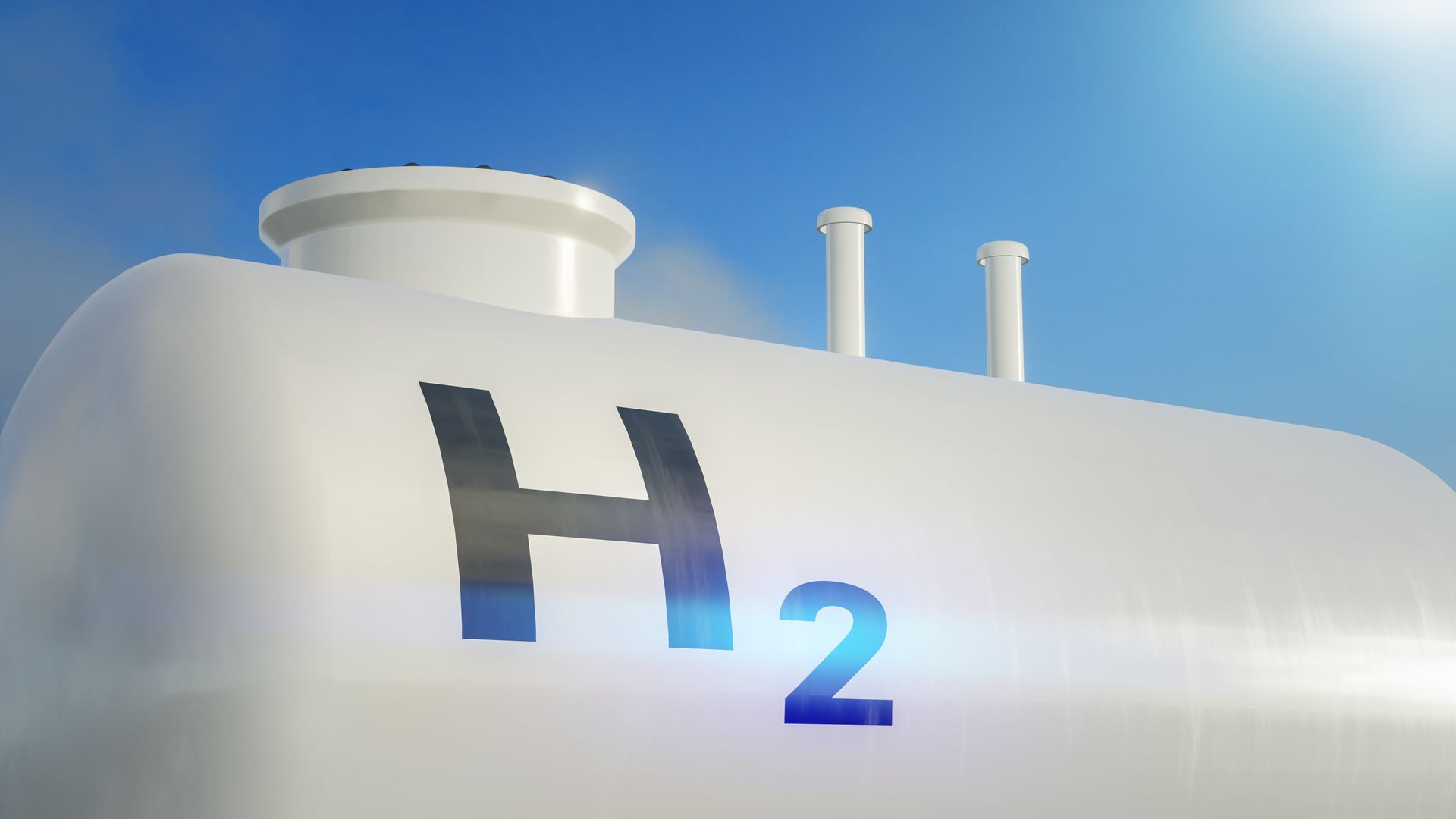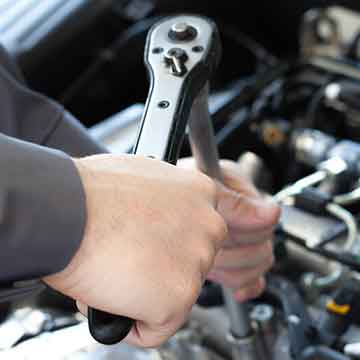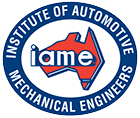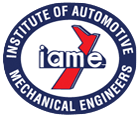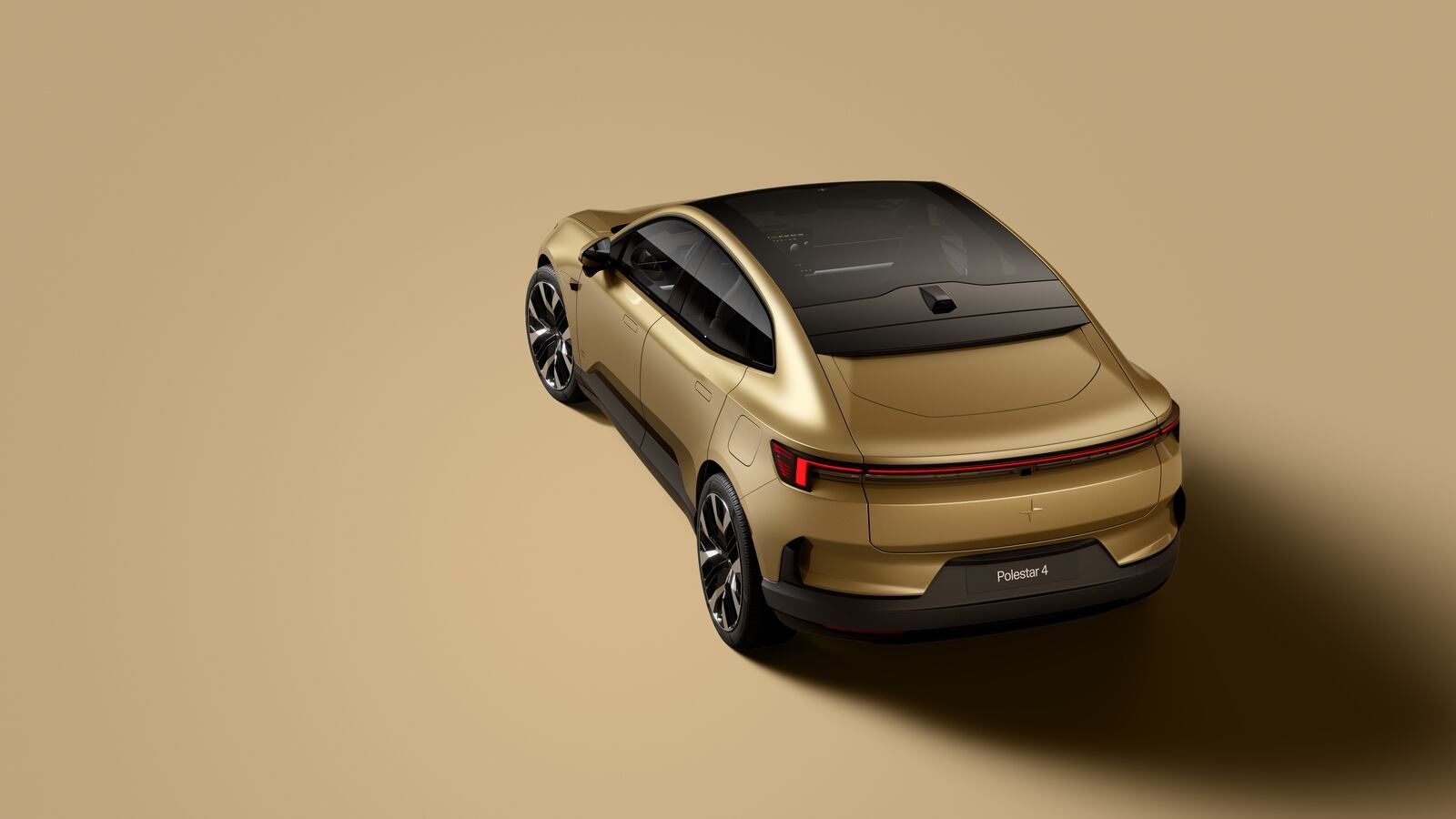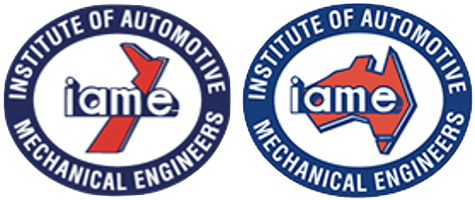Volkswagen's Dominance in Electric Vehicle Market Fueled by Record R&D Investment
In the fast-evolving landscape of the automotive industry, Volkswagen has emerged as a frontrunner, propelled by its relentless pursuit of innovation and commitment to electric vehicle (EV) technology. The latest figures for the year 2021 reveal Volkswagen's unparalleled dedication to research and development (R&D), with investments totaling a staggering 15.6 billion euros, surpassing all other automakers. This substantial investment not only underscores Volkswagen's ambition to lead the charge towards sustainable mobility but also solidifies its position as a top-selling brand in the ever-expanding EV market.
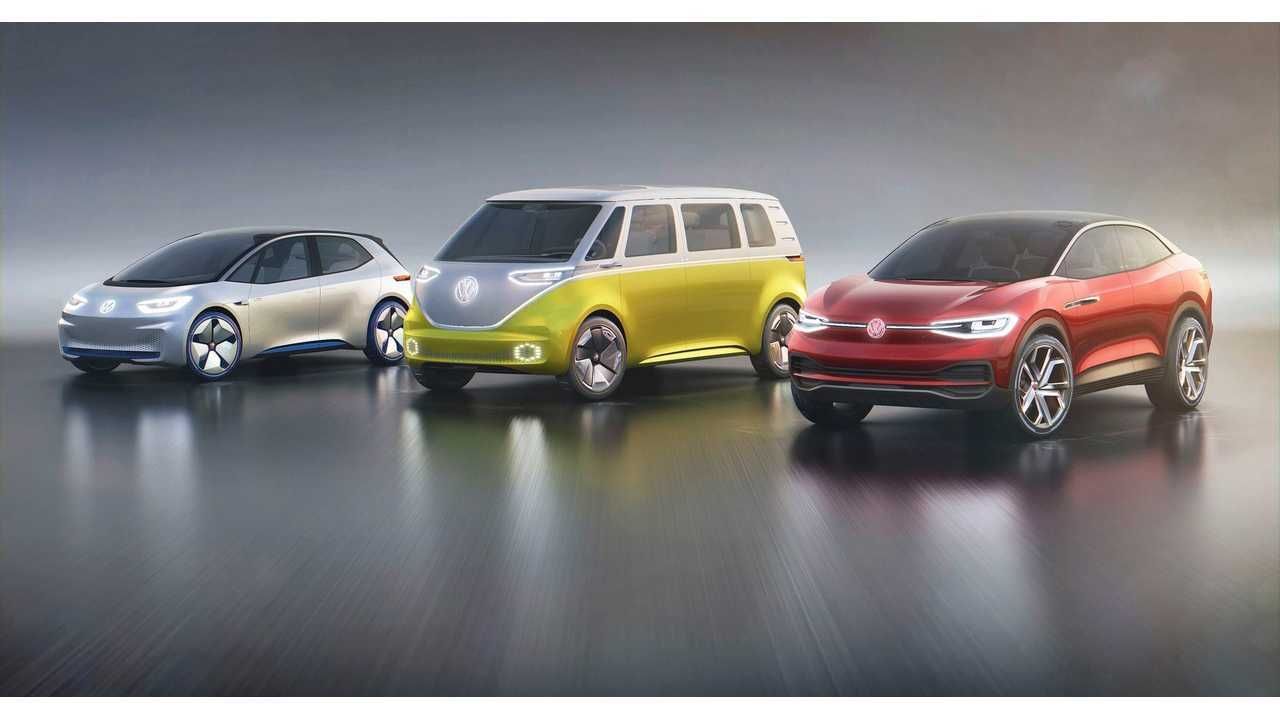
The automotive sector is undergoing a seismic shift, with a growing emphasis on reducing carbon emissions and transitioning towards cleaner, greener transportation alternatives. As governments worldwide implement stringent regulations to curb greenhouse gas emissions and combat climate change, automakers are compelled to pivot towards electrification. In this paradigm shift, Volkswagen has emerged as a trailblazer, spearheading the transition with its comprehensive portfolio of electric vehicles.
The monumental R&D expenditure signifies Volkswagen's unwavering commitment to innovation and technological advancement. By allocating significant resources towards research and development, Volkswagen is not merely responding to market demands but actively shaping the future of mobility. The company's strategic focus on EV technology underscores its vision to create sustainable transportation solutions that align with the imperatives of environmental stewardship and energy efficiency.
Volkswagen's robust investment in R&D has yielded remarkable results, as evidenced by its impressive lineup of electric vehicles. Models such as the Volkswagen ID.3 and ID.4 have garnered widespread acclaim for their cutting-edge design, superior performance, and eco-friendly credentials. These vehicles epitomize Volkswagen's commitment to delivering compelling EV offerings that combine sustainability with driving pleasure, thus appealing to a broad spectrum of consumers.
Furthermore, Volkswagen's R&D prowess extends beyond electric propulsion systems to encompass various facets of automotive technology, including autonomous driving, connectivity, and advanced manufacturing processes. By leveraging emerging technologies such as artificial intelligence and augmented reality, Volkswagen is at the forefront of shaping the future of mobility, redefining the driving experience, and setting new benchmarks for safety, convenience, and efficiency.
The significance of Volkswagen's R&D investment transcends mere financial metrics; it embodies a strategic imperative to remain competitive in a rapidly evolving industry landscape. In an era characterized by disruptive innovation and intense competition, sustained investment in R&D is essential for maintaining technological leadership, fostering innovation, and staying ahead of market trends. Volkswagen's unwavering commitment to R&D underscores its resolve to adapt to changing market dynamics, anticipate future trends, and position itself as a leader in the global automotive arena.
Moreover, Volkswagen's dominance in the EV market underscores its ability to align with evolving consumer preferences and market trends. As consumers increasingly prioritize sustainability and eco-consciousness in their purchasing decisions, Volkswagen's expansive lineup of electric vehicles resonates strongly with environmentally-conscious buyers. By offering a diverse range of EV options catering to different market segments, Volkswagen has successfully positioned itself as a frontrunner in the transition towards electric mobility.
Looking ahead, Volkswagen's formidable R&D capabilities are poised to drive further innovation and propel the company to even greater heights in the EV market. With ambitious plans to expand its electric vehicle portfolio, invest in charging infrastructure, and enhance battery technology, Volkswagen is well-positioned to capitalize on the growing demand for electric mobility. By prioritizing R&D investment, embracing technological innovation, and staying attuned to market dynamics, Volkswagen is charting a course towards a sustainable, electrified future of mobility.
